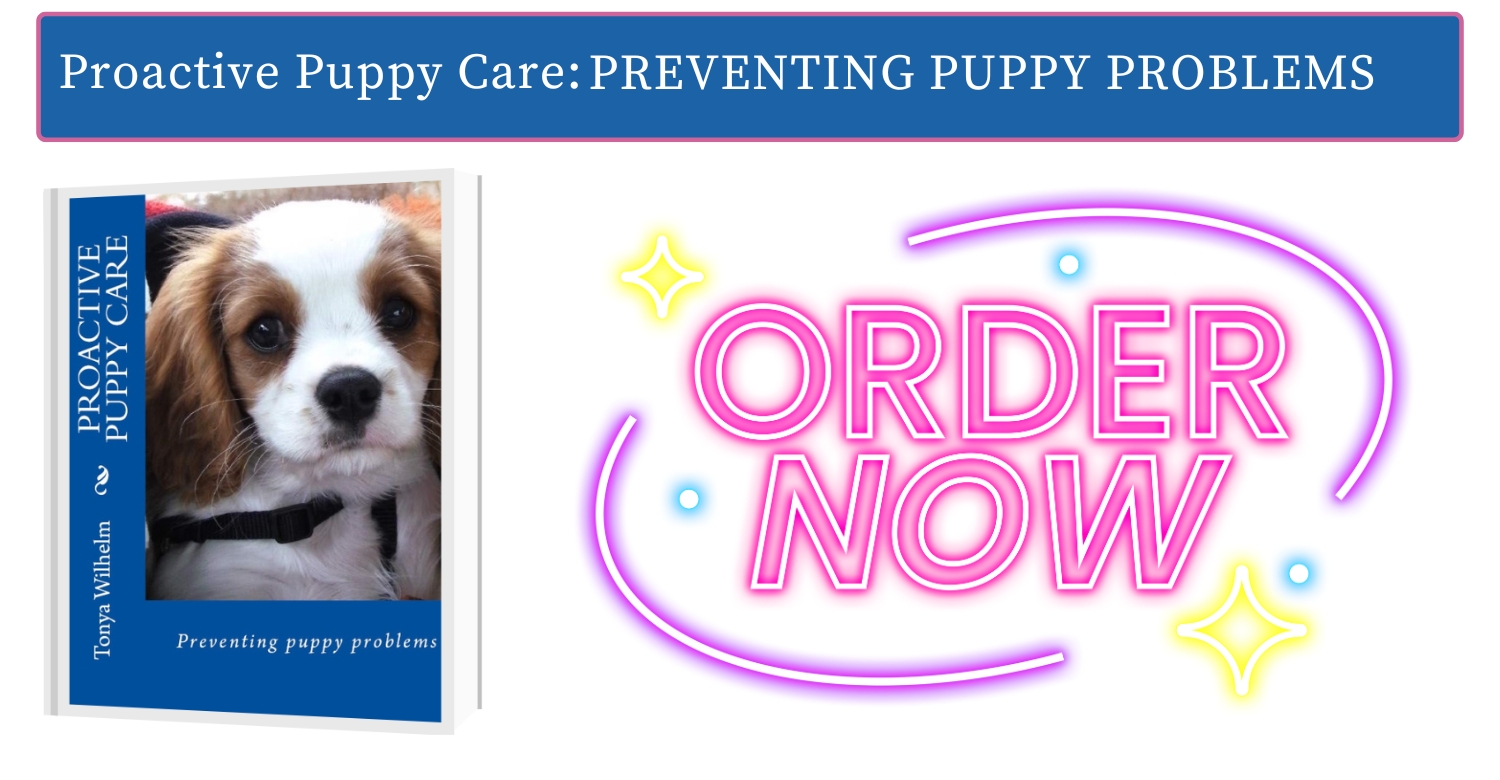Google Adsense—>

Are you considering a puppy for your senior dog home?

That’s a good question to ask before bringing a bundle of joy, energy and teeth into an already established dog household, particularly one with a senior dog. I will say, there isn’t a straight forward yes or no answer to this question. But, what I will try to do is help in things you should consider prior to making the commitment of adding a puppy to a household with a senior dog. After all, your senior dog has already made your family his family, and he’s been a good ‘ol dog who deserves to have his twilight years as happy and stress-free as possible. So, let’s jump in.
Is Adding a Puppy to a Senior Dog Home Right for You and Your Dog?
First things first, let’s think about your senior dog. Does he enjoy the company of other dogs? Has he had positive experiences with playful dogs in the past, particularly the recent past? These are key questions because not every senior dog is up for the antics of a young, spirited puppy. Remember, a puppy tends to be rowdy, mouthy and jumpy. If your older dog is still social and active, introducing a puppy could be a wonderful idea. However, if he’s more of a laid-back, solo kind of guy, or easily loses his balance, it might not be the best match.
Don’t forget to subscribe to @RaisingYourPetsNaturally for more tips!
What to Consider Before Bringing a Puppy Home
If you’re leaning towards adding a puppy to your family, here are a few things to keep in mind:
- Matching Energy Levels: Consider the energy levels of both dogs. A low-energy puppy breed for seniors might be a better fit if your senior dog prefers a more relaxed lifestyle. If choosing a puppy from a breeder, pay close attention to their play styles and interactions with each other. A puppy who is calmer, might be the better option. This way, they can still enjoy each other’s company without one overwhelming the other. That said, puppies are puppies.
- Health and Safety: Your senior dog’s health is important to keep in mind. Puppies can be quite playful and might unintentionally cause stress or injury to an older dog, especially if he has arthritis or other health issues. Also remember, as dogs age, their medical expenses also tend to increase. A new puppy also has a lot of expenses his first year.
- Family Commitment: Bringing a puppy home means doubling the care and attention. Everyone in the family needs to be on board with the added responsibilities from training, supervising interactions, feeding, playtime, socialization and everything else that comes along with raising a happy puppy and caring for a senior dog.
- Why: Why do you want a puppy? I think that’s a very important question to ask. I’ve had some clients want a new puppy so that they could do more things with a dog. And that’s all well and good, but I do encourage you that senior dogs also are a lot of fun! They too enjoy daily enrichment. On the other hand, I have had clients want a new puppy in hopes that their senior dog will have more enjoyment at home. Remember, consider your seniors’ needs and personality when deciding.
Preparing Your Senior Dog for a Puppy
Before the puppy arrives, create a game plan to make the transition smoother. Start by gradually introducing the idea of a new puppy to your senior dog. This might include allowing your senior dog to sniff items that belong to the puppy, like a blanket or toy, to get used to the new scent. Also, think about your upcoming new routines. Will your senior’s activities and family time change? If so, it’s time to start transitioning your dog to the change. I’ve written in the past about senior dogs and how important routine is to them. So, if they have a routine that will change, it’s best to slowly start that process prior to the puppy’s arrival.
Ensure your senior dog has a designated safe space where they can retreat if they feel overwhelmed. This can be a quiet room or a cozy bed baby gated away from the puppy. However, do ensure you are not isolating your senior. Also, have another area that your puppy can be, while your senior is out and about. The goal of course, will be both dogs together, but in the beginning, it’s important to divide and conquer.
Introducing a Puppy to Your Senior Dog
When bringing a puppy home, finding the right introduction spot is key. Opt for a neutral outdoor area, like a quiet street a few houses down from yours. Keep your puppy on a leash with some tasty treats handy, while a friend or family member walks the senior on the opposite side of the street.
Start by walking parallel to each other, gradually decreasing the distance between the dogs as they relax. Since we are talking about a senior dog, the walk may be very short. Allow them to sniff briefly, rewarding calm behavior with treats. Help the puppy keep four on the floor by gently placing a hand in the puppy’s harness. If either dog seems uneasy, gently separate them.
As they become more comfortable, extend their interaction time gradually, ensuring it stays positive and relaxed. Walk home together.
When inside, keep your puppy on a leash so that you can help manage the puppy’s interactions with your senior dog. You want the first three weeks with your puppy to be a positive experience for your senior. Use your baby gates as a way to allow your puppy and senior off leash time to sniff each other.
When you feel comfortable that your puppy isn’t going to knock over your senior dog, take off their leash. But, pay close attention to make sure everyone is happy. Watch their body language closely, signs your senior dog doesn’t want a puppy, like growling or avoidance, should be respected. Supervise closely, intervening if things get too rambunctious. Teaching your puppy to come away when called, with treats, helps maintain peace. Remember, every dog is different, so patience and close supervision are key to a happy relationship.

Seek Help If Needed
If you need extra help, don’t hesitate to reach out to a professional positive dog trainer for guidance. They can assess your senior dog and help guide you in match making. If you have already brought your new puppy home, they can help you on creating a safe and enjoyable home between the two dogs.
Embrace the Journey
Bringing a puppy into a home with a senior dog can be incredibly rewarding. By following the steps above, you are setting up a foundation where both dogs can thrive. If you’re ready for this adventure, go for it!
Share your experiences and tips in the comments below!
Are you looking for even more ways to stay up to date with Raising Your Pets Naturally? Sign up for the newsletter for more tips and promotions. Don’t forget to be social and Like, Follow and Subscribe.
Facebook Twitter Pinterest Instagram YouTube
 |

Check out our shop! |

Google Adsense—>




